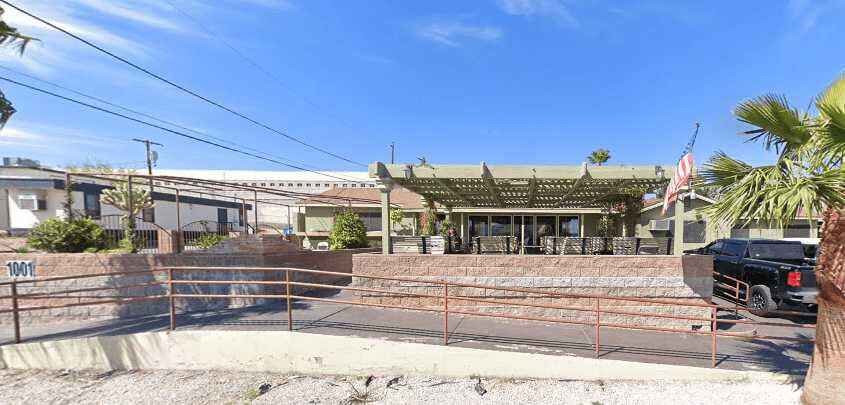About Samaritan House – Las Vegas
The Samaritan House – Las Vegas is a nonprofit organization that offers drug and alcohol addiction recovery services in Las Vegas, Nevada. They serve men seeking treatment through evidence backed treatment methods that promote accountability and self improvement. They are a private facility with residential amenities.
The Samaritan House is the oldest halfway house in Las Vegas. They are a 40 bed facility.
An inpatient program is designed to meet the needs of clients most at risk of relapse. During treatment, clients live at the facility in a closely monitored and restrictive environment removed from distractions. Clients do not leave the facility until the program is complete, and they are watched by staff to ensure their safety and to help meet their needs.
Treatment at the therapy house combines therapy and education groups to help clients understand the nature of addiction, the roots of their addiction, and how to cope with stressful triggers and avoid substance use. Therapy takes place in individual and group settings.
The Samaritan House also uses the traditional 12 step model used by groups like AA and NA. The steps cultivate peer support and personal accountability to support ongoing recovery and promote community involvement. One of the philosophies of the 12 steps is that community support is critical for successful recovery, and the program encourages peer support in and out of groups.
IOP allows clients to live at home while visiting the facility on a regular schedule to receive treatment. IOP is a high level of outpatient care and generally requires clients to visit the facility three to five times a week. Treatment offered through inpatient care is available in IOP.
A sober living home is a secure, substance free residence for clients who have recently completed treatment or are in outpatient care. Sober living homes are often a transitional step before clients return to fully independent living. These residences are supportive group environments with fewer restrictions than residential care.

